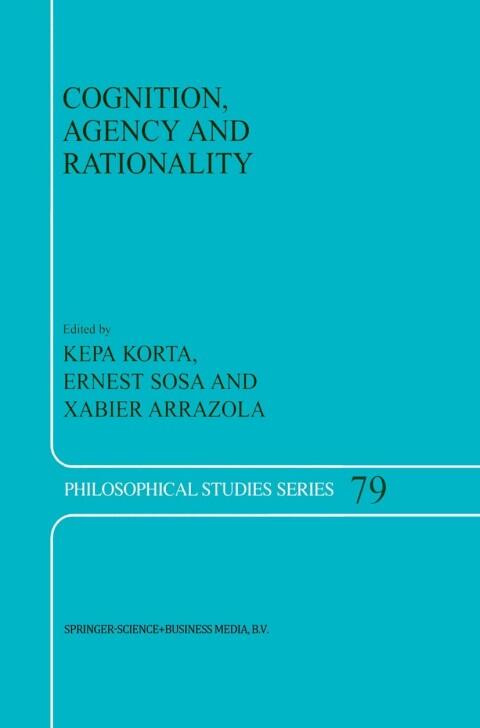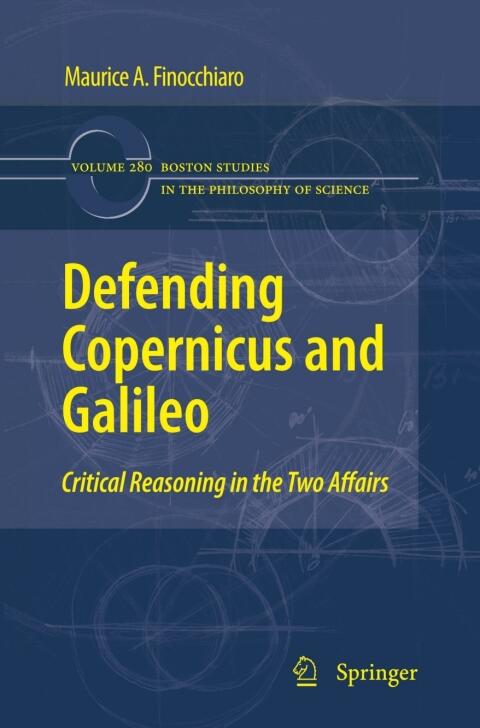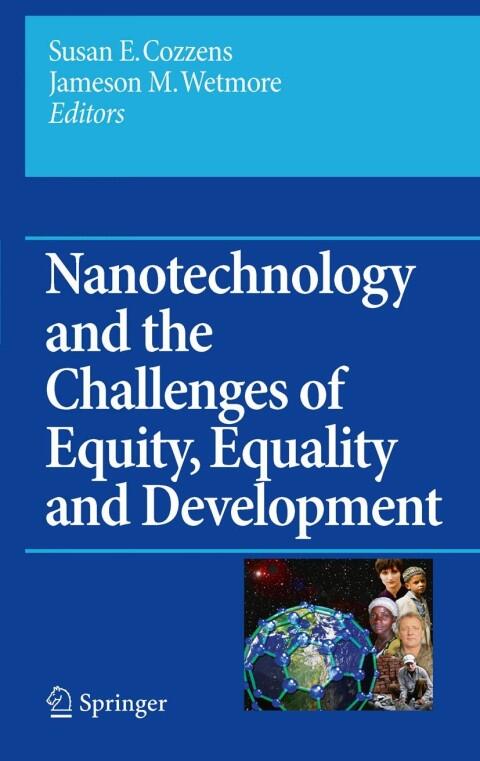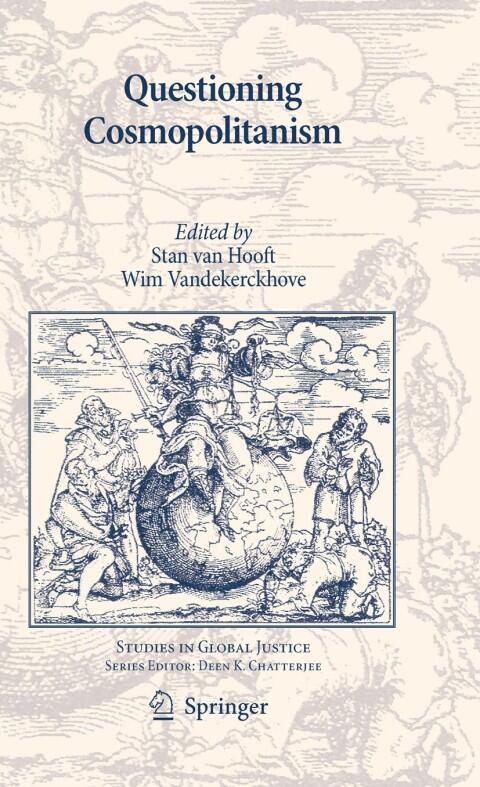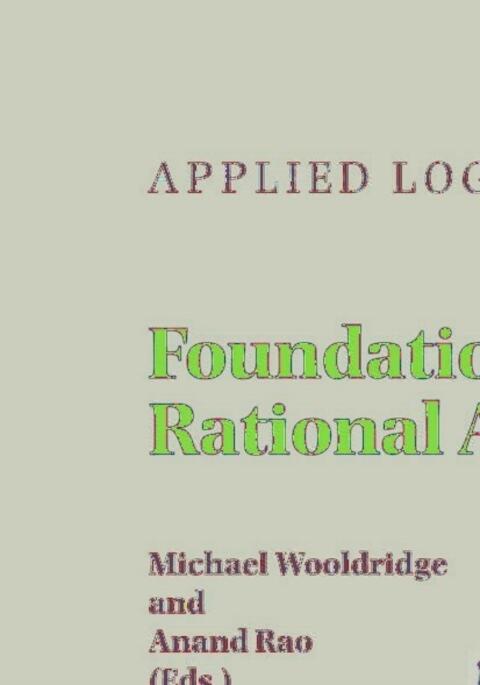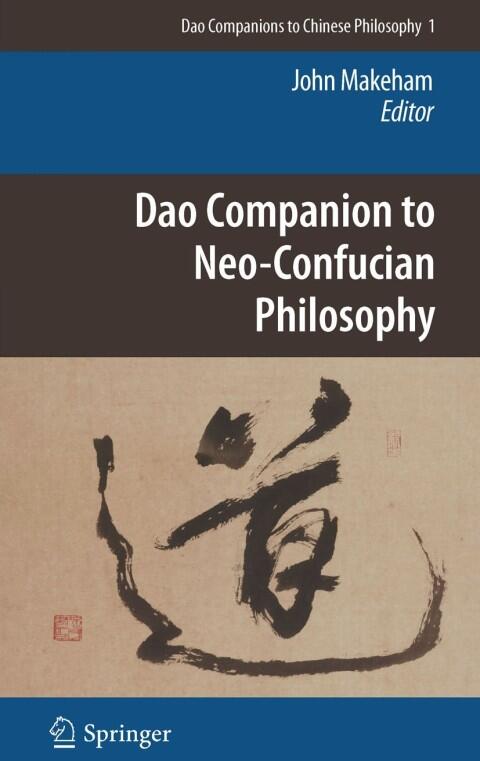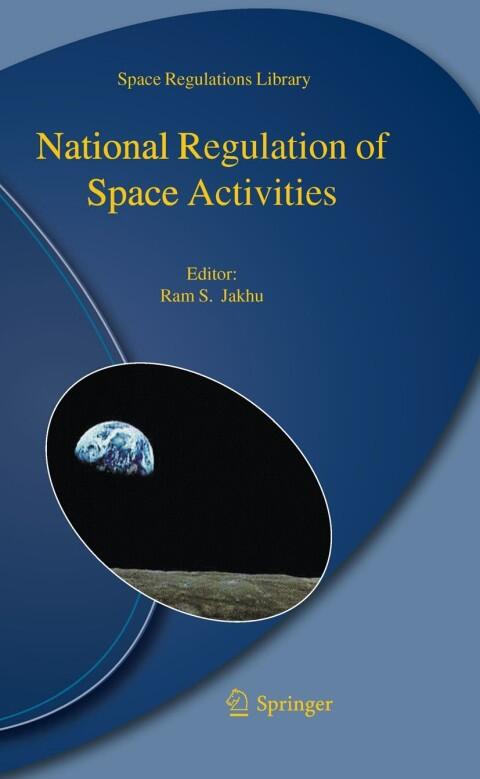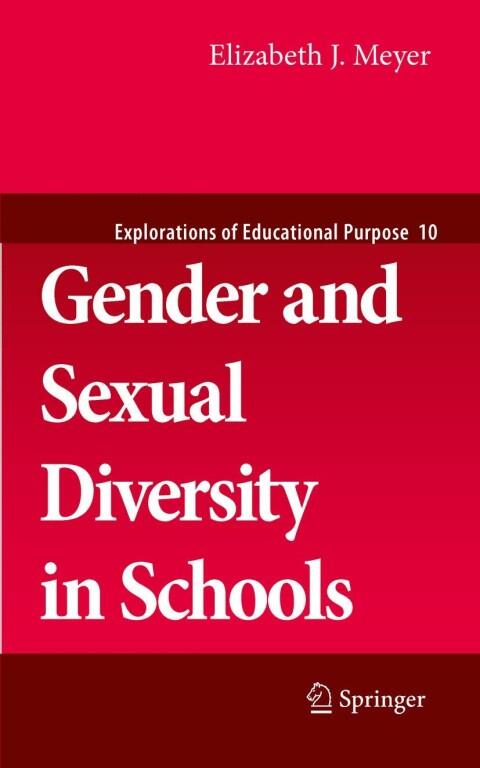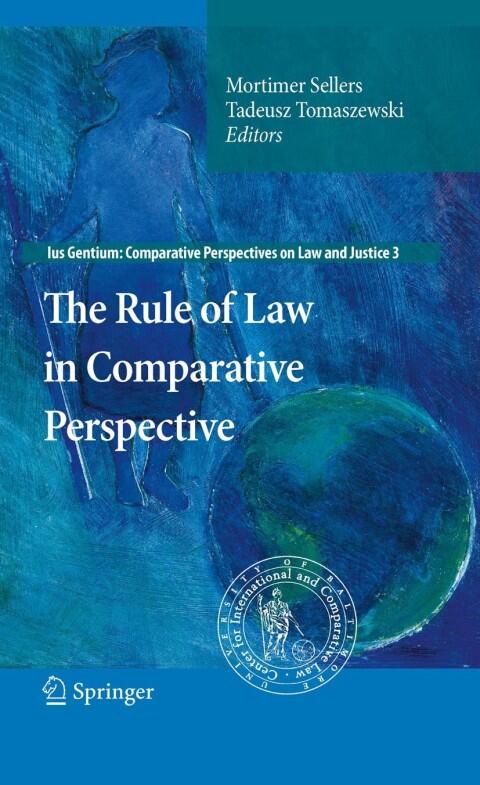
The Rule of Law in Comparative Perspective
によって
Leo J. Grady; Jonathan R. Polimeni
まだ評価がありません
Philosophy
形式
キンドル
ページ数
266
言語
オランダ語、フラマン語
公開されました
Jan 1, 2010
出版社
Springer
版
2010
ISBN-10
9048137497
ISBN-13
9789048137497
説明
In this insightful exploration of the rule of law, the authors delve into its diverse interpretations across various legal systems and cultures. By examining historical contexts and contemporary practices, they highlight the fundamental principles that unite these differing perspectives while also addressing the unique challenges faced by each.
The text navigates through the intricate web of legal thought, positing that the rule of law is not a monolithic concept but rather a spectrum of ideas shaped by social values, political landscapes, and historical experiences. Each chapter presents a rigorous analysis, allowing readers to appreciate how local practices reflect broader global trends, and conversely, how global standards influence local legal cultures.
As Grady and Polimeni articulate the importance of the rule of law in ensuring justice and governance in societies, they challenge readers to engage critically with the implications of these varying frameworks. This examination serves not just as an academic inquiry but as a call to reflect on the universal aspiration for fairness and accountability in governance.
The text navigates through the intricate web of legal thought, positing that the rule of law is not a monolithic concept but rather a spectrum of ideas shaped by social values, political landscapes, and historical experiences. Each chapter presents a rigorous analysis, allowing readers to appreciate how local practices reflect broader global trends, and conversely, how global standards influence local legal cultures.
As Grady and Polimeni articulate the importance of the rule of law in ensuring justice and governance in societies, they challenge readers to engage critically with the implications of these varying frameworks. This examination serves not just as an academic inquiry but as a call to reflect on the universal aspiration for fairness and accountability in governance.




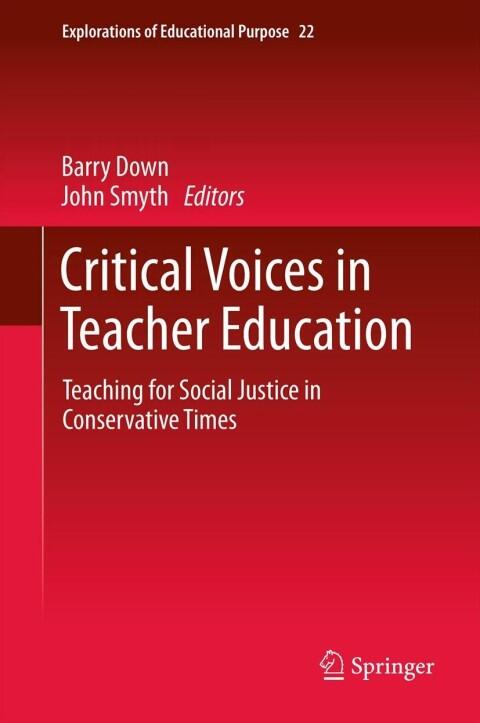
![[Ethical Principles and Economic Transformation - A Buddhist Approach (Issues in Business Ethics)] [Author: x] [May, 2011]](https://images.bookpine.com/bd815e9c-ead9-4e64-bfb5-aea659b2460b.jpg)
